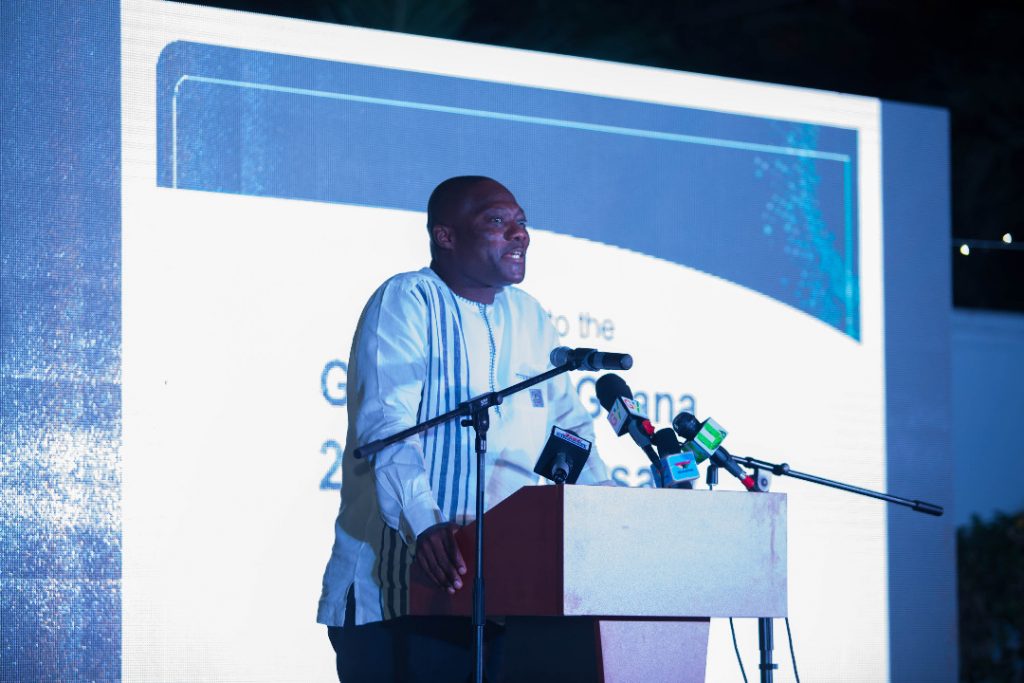
Goldfields Ghana Limited (GGL) has resolved to rehire about 85 percent of its workers affected by a retrenchment exercise last year.
This is after the Ghana Mineworkers Union (GMU) withdrew its court action seeking to stop GGL from executing the redundancy exercise.
The retrenchment exercise, according to the GMU would render over 1700 of its members jobless.
Speaking in an interview with Starr Business at the launch of the 25th anniversary of the mining firm’s operations in Ghana, its Vice President Alfred Baku said: “Thankfully, it is all over now.”
“The Union has gone to withdraw the case from court and we have actually started the contracted mining and the good news is that we actually promised or estimated that about 80-85 percent [retrenched workers] are going to be rehired,” he added.
Also, he said in an earlier speech that GGL throughout its 25 years journey at its Tarkwa and Damang mines creates over 7000 direct and indirect jobs annually.
“Even with a conservative multiplier effect calculation, we positively impact the livelihoods of between 70,000 and 100,000 people year-in year-out, mostly within our host communities and along our supply chain,” he stated.
Operationally, he added GGL turned the low grade Tarkwa deposit into a flagship mining operation that delivers returns to shareholders, including the Government of Ghana, year-on-year.
The Damang mine which was on the verge of collapse, further noted Mr. Baku was given a fresh breadth of life with a US$1.4billion investment approved by the Gold Fields Board in 2016. Also he said around US$1billion in dividends was paid to shareholders, since the beginning of “our surface mining operations in 1998.”
Of this amount, the Government of Ghana, having a 10% ownership through a free-carried interest, has earned in excess of US$100million in dividend payments. In addition, Gold Fields has paid over US$1.2billion directly to the Government in corporate taxes and royalties, he added.
The communities in which GGL operates he said have been direct and major beneficiaries of “our social support, and the company has spent approximately US44million in these communities; providing access to potable water, supporting our local farmers, putting up health and educational facilities, training our community youths, building critical infrastructure, and extending bursaries and scholarships to bright but needy pupils and students. Several accountants, doctors, engineers, and other professionals have been able to build their careers on the back of our scholarships and bursaries.”
He assured that “for as long as we operate, we will ensure that the growth and prosperity of our mines reflect positively on the Tarkwa and Damang townships and the surrounding communities.”
Source: Ghana/Starrfmonline.com/103.5FM

